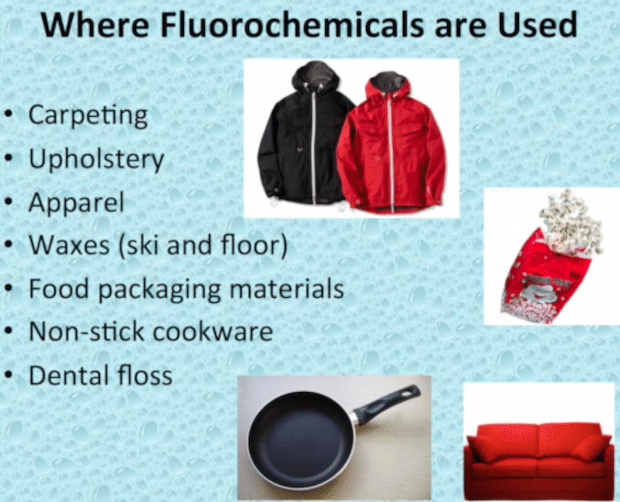Which Chemicals are Harder to Filter from Water?
Published on by Water Network Research, Official research team of The Water Network in Academic
Researchers have found some kinds of chemicals are harder to filter from the water. These compounds belong to a family called highly fluorinated chemicals.
They’re used to make carpets, clothes and cookware stain and water repellant.

Image source : Healthy Building Science
They’ve also been used in firefighting foam at military bases and airports. Those chemicals from firefighting foam have contaminated drinking water around the country, including drinking water wells near the former Wurtsmith Air Force Base near Oscoda.
Chris Higgins is an associate professor of civil and environmental engineering at the Colorado School of Mines.
“We used to think PCBs and DDT were going to be the most problematic chemicals because they are really long lived. These chemicals are much, much more long lived than things like PCBs,” he says.
Higgins is an author of a study out today in the journal Environmental Science & Technology. He and his team sampled a groundwater well near a military base where firefighting foam had been used. They found two chemicals that are commonly found in that foam, called PFOA and PFOS. And 28 other fluorinated chemicals.
Higgins says they ran tests in the lab to model how well a granular activated carbon filter would work on these chemicals (like the kind some water treatment plants use).
"These filters have the capacity for work for these other chemicals. You just have to replace the carbon much more frequently,” he says.
He says this matters because we don’t know a lot about many of these fluorinated chemicals. And it’s expensive to change out filters more often.
“I think the relevance for water treatment plants is we need to have a conversation about these other chemicals that might be present, and what is their importance? Do we care about them in terms of potential for toxicity and do we treat for them even though we do not have information on their toxicity?” he says.
The state of Michigan is providing reverse osmosis filters or bottled water coolers for people near Oscoda. They’re giving them to people with well water that’s affected by the plume from the former Air Force base.
Higgins says reverse osmosis filters are the best technology to remove these chemicals. But they're expensive.
Arlene Blum is the executive director of the Green Science Policy Institute and a research associate in chemistry at the University of California-Berkeley.
She says there are about 3,000 highly fluorinated chemicals in existence, and we don't know much about most of them. The most studies have been done on PFOA and PFOS.
Read more: Interlochen Public Radio
Media
Taxonomy
- Environmental Health
- Treatment
- Treatment Methods
- Chemical Treatment
- Quality
- Water Quality
- Chemical Analysis
- Chemical Research
- water treatment